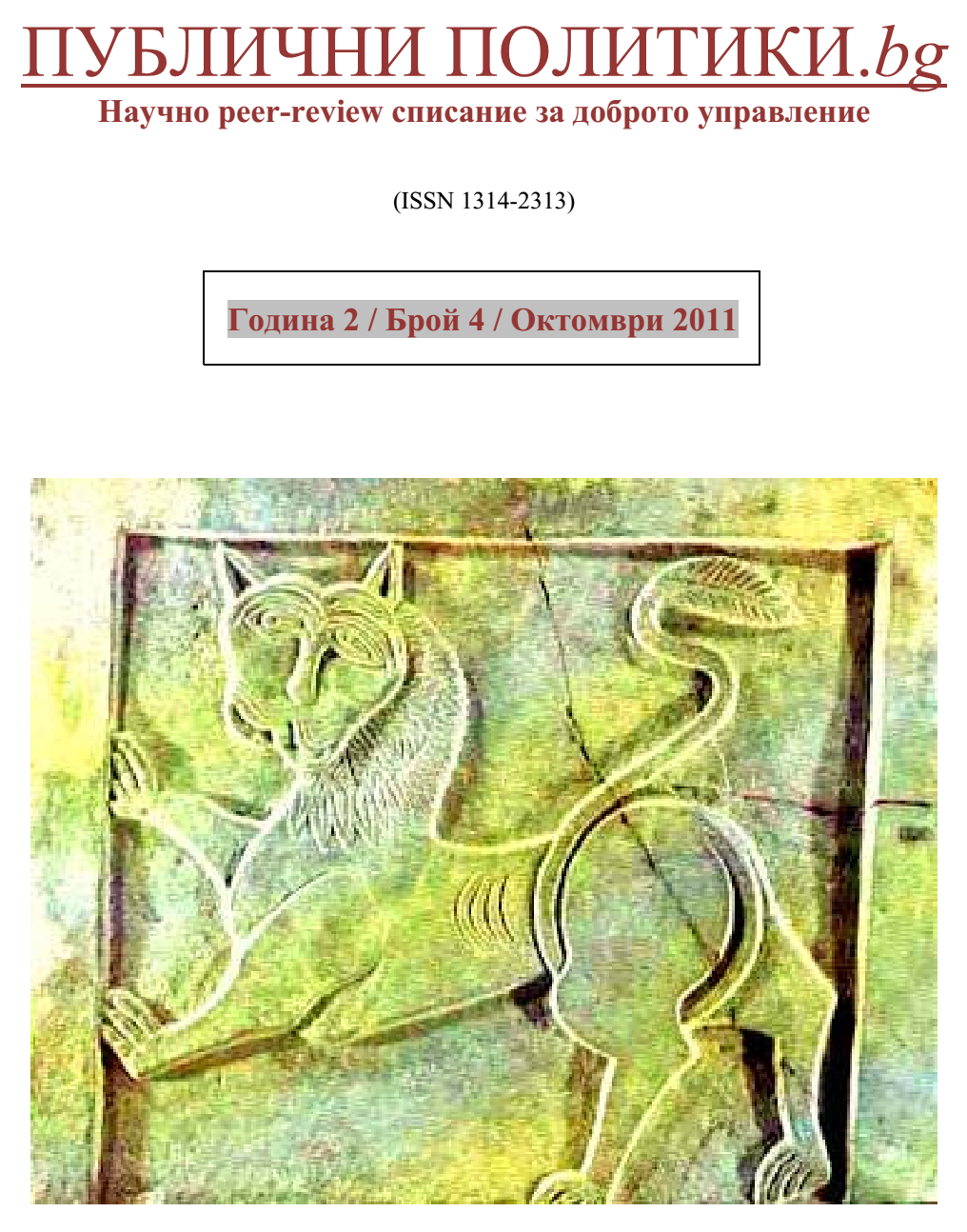PATTERNS OF PARLIAMENTARY RECRUITMENT IN THE DAWN OF THE BULGARIAN TRANSITION TO DEMOCRACY
PATTERNS OF PARLIAMENTARY RECRUITMENT IN THE DAWN OF THE BULGARIAN TRANSITION TO DEMOCRACY
Author(s): Stoycho P. StoychevSubject(s): Politics / Political Sciences, Politics, Political Theory, Political Sciences, Corruption - Transparency - Anti-Corruption
Published by: Софийски университет »Св. Климент Охридски«
Keywords: parliamentary research; democracy; politics
Summary/Abstract: Contemporary parliamentary research pays growing attention to the personal composition of the legislative institutions. The background of MPs proved to be not only a function of the transforming parliaments in democratizing societies, but a factor for these very transformations as well. Apart from the shift in the profiles of MPs across time and different terms in office, there is a lot of variation across party families and individual parties. This paper argues that the major Bulgarian parties had different recruitment patterns in the dawn of democratization and democratic consolidation. On the one hand, the successor of the former communist party selected candidates with high status in the old regime. These were people with considerable professional and political experience who could classify as professional politicians. On the other hand, the united opposition selected among candidates uncommitted to the old regime and therefore politically, and to a large extent professionally, inexperienced as long as the membership in the communist party was a precondition for successful professional career. The advent of a party representing the interests of the Turkish and Muslim population brought another cluster of MPs with corresponding origin.
Journal: ПУБЛИЧНИ ПОЛИТИКИ.bg
- Issue Year: 2/2011
- Issue No: 4
- Page Range: 46-60
- Page Count: 15
- Language: English

